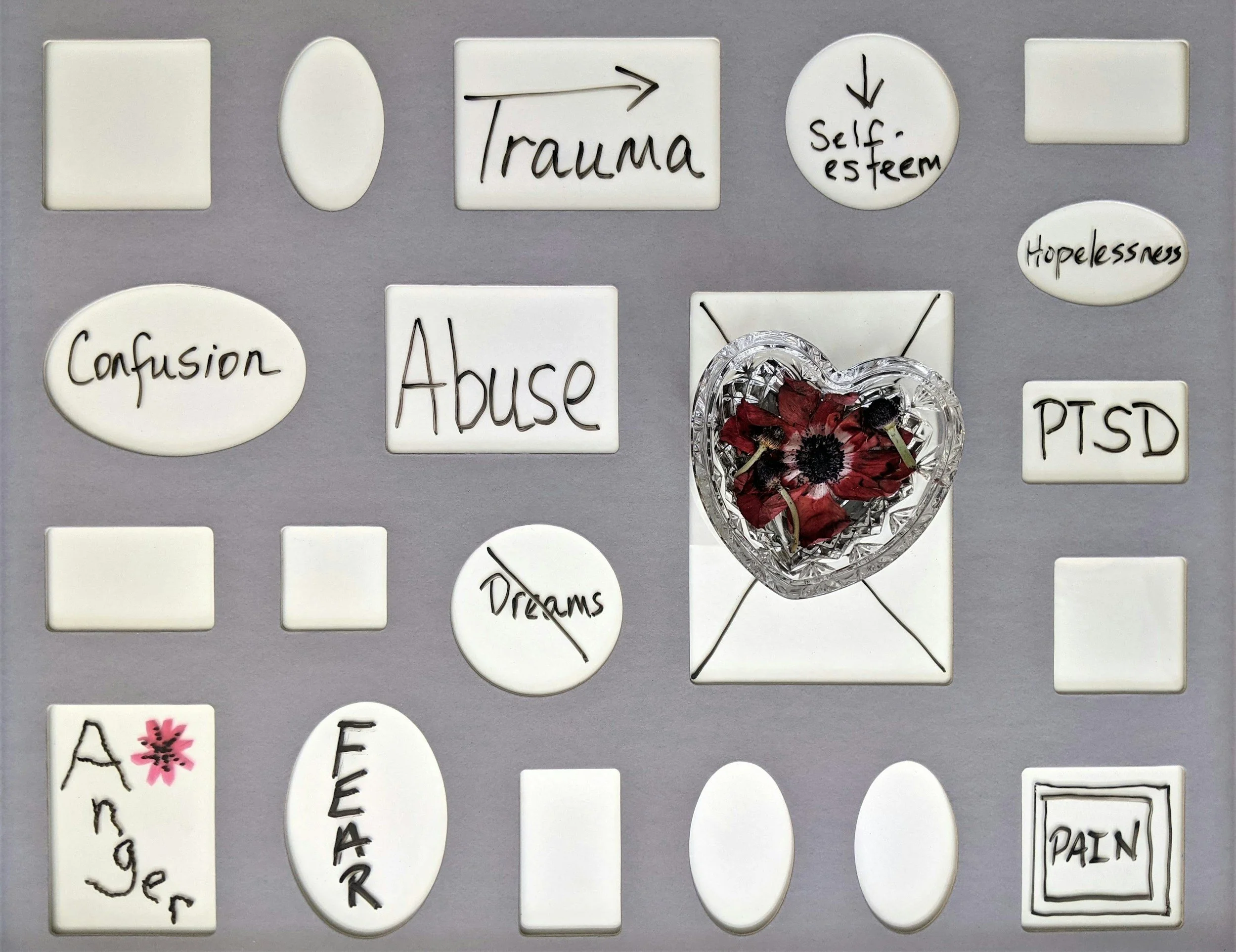
Evidence-Based Resources for Counseling Post-Abortive Clients
As a mental health professional, you need specialized resources to effectively support post-abortive clients. Drawing from both clinical expertise and lived experience, we provide the training, tools, and community you need to confidently address abortion-related trauma with compassion and evidence-based approaches.
Pastoral Guidance on
Nurturing Faith After Abortion
Ministering Hope
For Pastors and Ministry Leaders
Pastoral Guidance on Nurturing Faith After Abortion.
We want to provide resources, understanding, and compassionate guidance
as you shepherd those seeking solace.
Biblical Framework for Addressing
Abortion in Ministry
As a pastor or ministry leader, you carry the weight of guiding those who are walking the path of faith after abortion. Scripture calls us to "bind up the brokenhearted" and "proclaim freedom for the captives" (Isaiah 61:1). When pastors aim to reach out to the post-abortive community, it's important to approach the matter with compassion, sensitivity, and a Christ-like heart.
Essential Clinical Approaches
Non-judgmental Attitude
- Approach the topic with an open and non-judgmental attitude
- Avoid making assumptions or expressing personal opinions about abortion
- Create a safe space for clients to explore their feelings
Active Listening & Empathy
- Practice active listening to understand the client's unique experience
- Allow them to share their feelings without interruption
- Demonstrate empathy and compassion throughout sessions
Normalize Emotions
- Validate a range of emotions that may arise post-abortion
- Address grief, relief, guilt, or sadness as normal responses
- Let the client know that their feelings are valid and normal
Values & Beliefs Exploration
- Explore the client's values and beliefs around abortion
- Understand how these significantly impact emotional response
- Tailor therapy to their individual needs and perspective
Grief & Loss Counseling
- Acknowledge the potential for grief and loss feelings
- Recognize some may experience mourning or sadness
- Apply grief counseling techniques when beneficial
Trauma-Informed Care
- Be aware of potential trauma related to the abortion experience
- Use trauma-informed care principles to create safety
- Maintain a safe therapeutic environment for processing
Clicnical Resources Preview
Clinical Assessment Tools
Evidence-based assessment tools to identify post-abortion trauma signs and symptoms in your practice.
Trauma Treatment Protocols
Specialized treatment protocols for addressing abortion-related trauma with clinical best practices.
Professional Development
Continuing education materials and training resources for mental health professionals.
Key Clinical Considerations
Normalize Emotional Responses
Validate the range of emotions that may arise post-abortion, including grief, relief, guilt, or sadness. Let clients know their feelings are valid and normal responses.
Explore Values and Beliefs
Explore the client's values and beliefs around abortion, as these significantly impact emotional response. Understanding their perspective helps tailor therapy to individual needs.
Respect Client Autonomy
Respect the autonomy of the client. Avoid imposing personal beliefs or values and focus on supporting the client in processing their own experiences.
Decision-Making Process
If the abortion decision was complex, explore the client's decision-making process and any ambivalence. This provides insight into their emotional landscape.
Ready to Enhance
Your Clinical Practice?
Take the next step in developing specialized competencies for post-abortion trauma treatment.
Empowering Pastors & Ministry Leaders.
-

Open Letter About My Abortion
I pray that you’ll read this and know that healing is available and you DESERVE TO BE HEALED!
-

Resources
Explore Bible studies, insights, and more about abortion, faith, and God’s grace and mercy.
-

Contact Me
Please get in touch if you need guidance on more resources or someone to pray with you.



